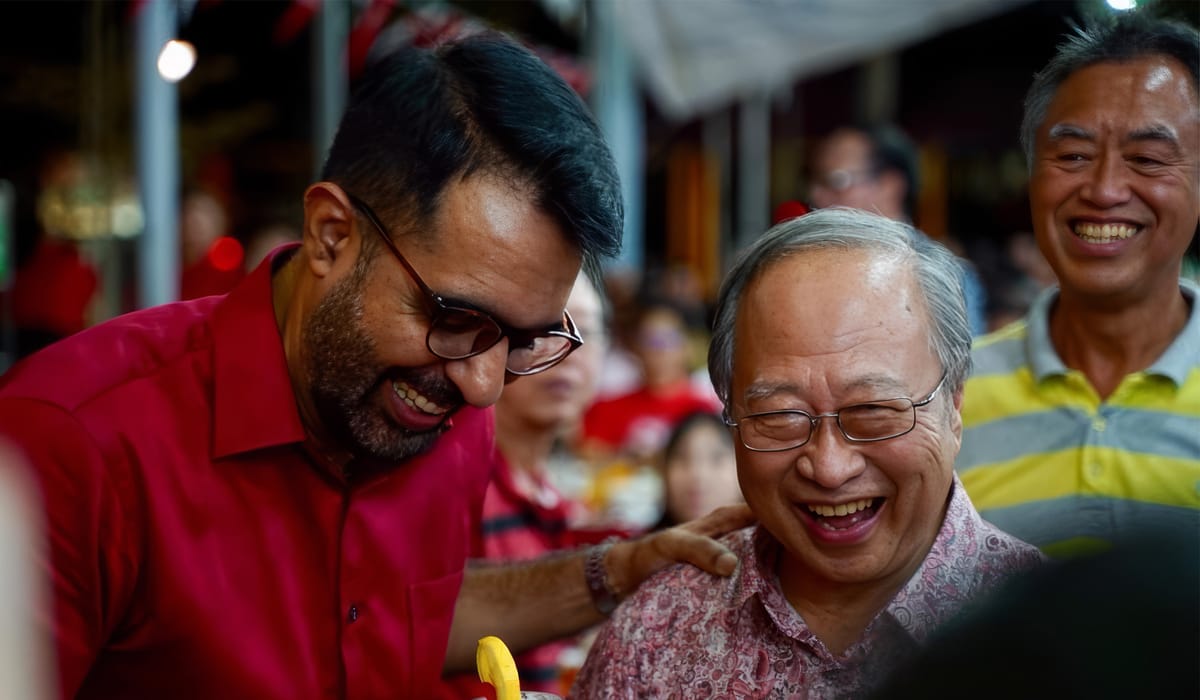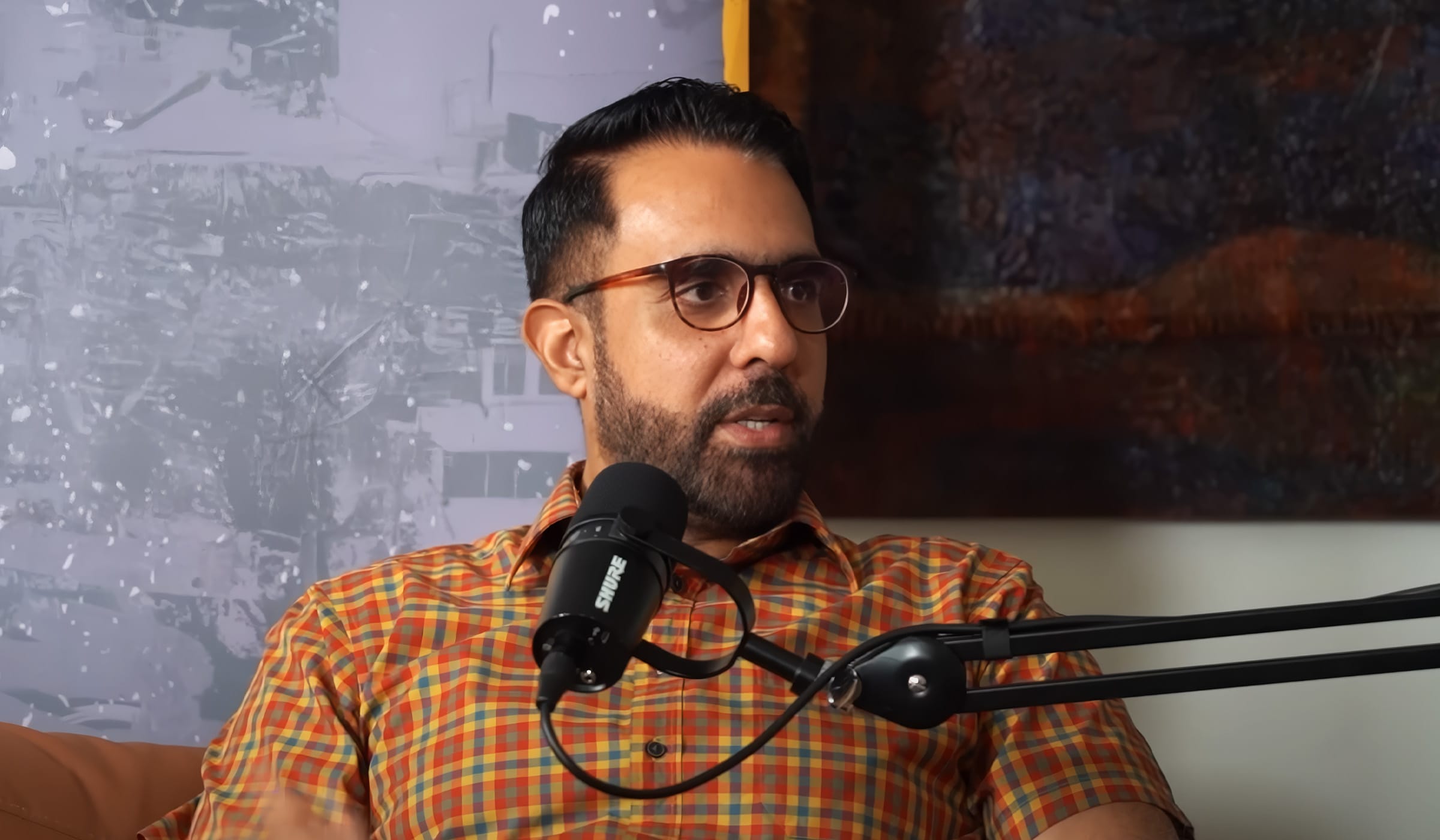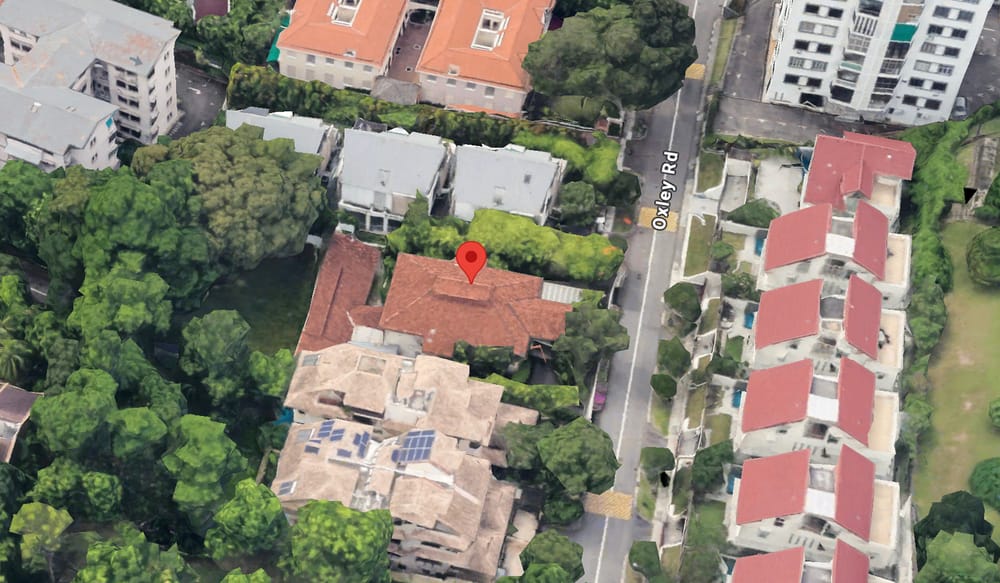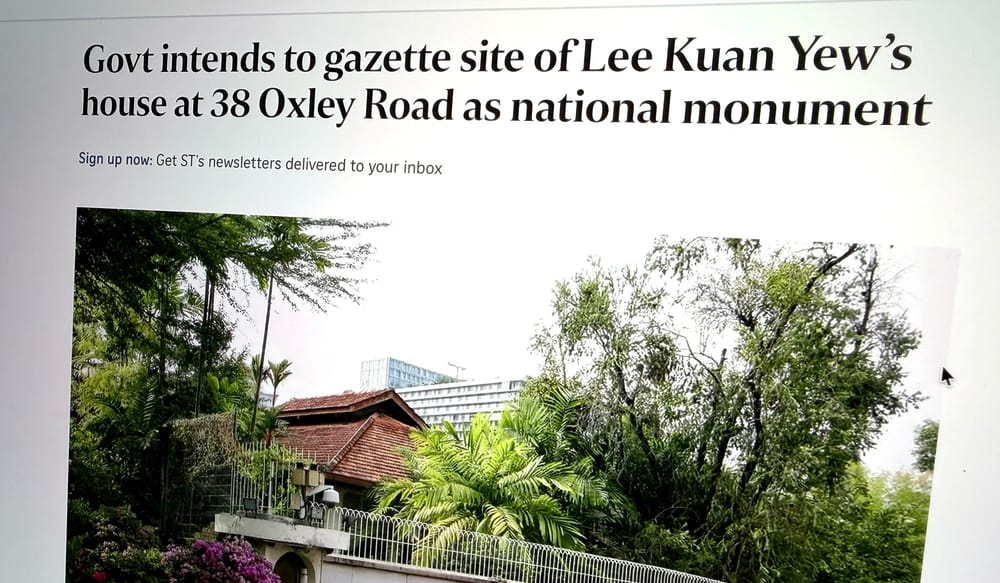So, Pritam chose to make his first ever podcast appearance... in Malaysia, speaking to two guys who managed to get themselves booted from UMNO itself. But this bizarre choice for an internet debut isn't the only curious thing about his visit there.
When asked about a desire to become the PM he effectively admitted that it's not his goal because it could be politically dangerous, as Singaporeans don't seem to want to get rid of PAP entirely.
Expounding on that, he said that he sees his mission as "normalising the idea of an opposition in Singapore".
I'm sorry – what?
As I commented two months ago, the biggest problem of political opposition in Singapore is that it represents nothing:

None of these people have any real program other than crude importation of foreign ideas into Singapore, in order to emphasise their differences from the PAP.
But nothing they ever say is rooted in a genuine desire to improve Singapore, but rather desperate search for a justification for their existence in politics.
And it seems we have been given another example of just such a behaviour in Pritam's response.
First of all, it was disrespectful to generations of opposition politicians who have competed for seats and successfully established themselves in the parliament in the past – including Workers' Party's own Low Thia Khiang, who has spent 30 years in the parliament and led WP to the historic win in Aljunied GRC in 2011.
His contemporary, Chiam See Tong, served for 27 years, winning his seat in Potong Pasir time after time since the mid-1980s.
Secondly, the "idea of an opposition" and its role in Singapore's was politics was introduced by the PAP and Lee Kuan Yew with the launch of the NCMP scheme in 1984, which mandated an opposition presence in the parliament even in case of electoral loss.
Borrowing from Wikipedia:
"During the Second Reading of the NCMP bill in July 1984, prime minister Lee Kuan Yew formally presented to Parliament three main justifications for the NCMP scheme.
First, he said that having a minimum number of opposition members in Parliament through the NCMP scheme would provide younger PAP MPs with sparring partners to "sharpen their debating skills".
Secondly, the presence of opposition members in Parliament would educate the younger generation of voters about the role of a constitutional opposition and the limits of what it can do. He said this was especially important because the younger generation who had not lived and witnessed the conflicts within Parliament in the 1950s and 1960s "harbour[ed] myths about the role of an Opposition" and "had no idea how destructive an Opposition could be".
Thirdly, the presence of non-PAP MPs in Parliament would act as a check and balance against any governmental impropriety. According to Lee, "some non-PAP MPs will ensure that every suspicion, every rumour of misconduct, will be reported to the non-PAP MPs". The readiness of non-PAP members to bring forth any allegation of misfeasance, or corruption, or nepotism would "dispel suspicions of cover-ups of alleged wrongdoings"
In other words, Lee Kuan Yew himself established a guarantee that the opposition will be represented in the parliament – 41 years ago.
And it has since only expanded to 9 in 2011 and 12 seats in 2020, with more privileges conferred on non-constituency members.
There's nothing to "normalise" here for Mr Singh, since such a normalisation was written into law when he was 8 years old.
What his admission shows, however, is a painful lack of mission which makes him cling onto something that most Singaporeans have long taken for granted anyway.
And if anybody contributed to, perhaps, reinforcing the idea of an opposition in Singapore, it wasn't Pritam Singh but his direct predecessor who ventured out of Hougang to win a GRC and opened the door for Pritam to ultimately take over.
But all of that has already been done. So, what's next? Pritam doesn't seem to have a clue.
Reaching 30% of the seats, as is his stated goal? Well, maybe, but it seems he has no plan how to achieve that, given that his party was able to only contest 26 spots in total in 2025, and had to resort to fielding some really questionable candidates to even hit that figure.
WP doesn't have a program, it doesn't really know what it stands for. It used to be the party of "workers" – but now it seems to attract champagne socialists with a much degraded attention span due to overconsumption of social media, who simply want to see some new faces in charge, while taking Singapore's prosperity for granted.
Its idea for the GE campaign built on perceived discontent about inflation (which had died down long before the vote) and the conflict in Palestine (that was supposed to mobilise minority voters) failed quite decisively.
It ended with 10 full seats it had before and two extra NCMPs – you know, the very same that LKY created to actually normalise opposition's presence in Singapore's parliament.
In 1984.










